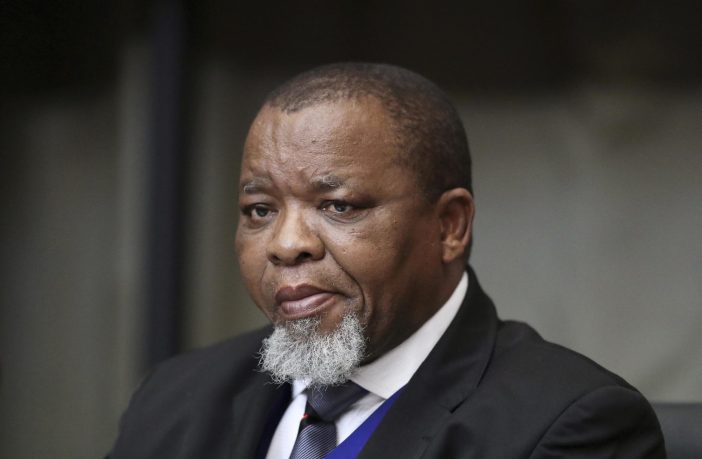- Applicants in South Africa’s first youth-led climate change case have learned that the Minister of Mineral Resources & Energy will oppose their application to compel the release of documents about the Minister’s decision to include new coal power in the 2019 IRP, and the Ministerial determination for new coal issued under the IRP.
- The #CancelCoal case demands that the South African government abandon plans to build 1500 MW of new coal-fired power due to the unjustifiable threats it poses to Constitutional rights and a safe climate.
The applicants in the case, the African Climate Alliance (ACA), the Vukani Environmental Justice Movement in Action (VEM) and groundWork (gW), represented by the Centre for Environmental Rights (CER), were forced to submit an application to compel the release of the documents after the Minister failed to make these available, as he is required to do under court rules.
The documents that the applicants seek include:
- the Minister’s consideration of public comments and submissions in preparing the 2019 Integrated Resource Plan (IRP) and the Ministerial determination for the procurement of new coal under the IRP; and
- any assessments of the climate change and other environmental impacts of the procurement of the 1500MW of new coal capacity in preparing the 2019 IRP and the Ministerial determination.
“The Minister’s refusal to disclose these documents, despite our requests, means that we have no option but to take further legal steps to ensure that this vital information is disclosed. This information is of particular importance for a case in which the Constitutional rights of present and future generations are at stake – as they are in the #CancelCoal case,” says VEM Secretary General Ronald Mhlakaza.
The applicants are using a Rule30A application. This process entails a separate, smaller court application under the High Court Rules to force the Minister, by order of court, to provide the outstanding documents that have been requested and that the Minister has refused to provide. The Minister is opposing this application on the basis that the applicants are not entitled to these documents.
“These delaying tactics, and the failure of the Minister to provide us with a complete record of information relating to the government’s plans for new coal power, have important consequences for the case as a whole. Any delays in the litigation process have a knock-on effect on the Constitutional rights implicated in the main application. While the Minister stalls, the future of young people and the human rights of the next generation remain in jeopardy,” says Sarah Robyn Farrell, environmental activist and coordinator at ACA.
According to groundWork Community Campaigner Thomas Mnguni: “It is groundWork’s belief that the Minister has not undertaken a climate change and environmental impact report of the procurement of the 1500MW of new coal. Denying us the right to what is now considered a legal and generally acceptable norm that such documents be made available in the public domain, is an attempt to hide the Ministry and Department’s inadequate process.”
The #CancelCoal applicants submitted their replying affidavit in the Rule 30A application, responding to the Minister’s answering papers, in which he states his reasons for refusal, on 9 June 2022. Once all parties have submitted the necessary papers, the court will allocate a date for the hearing of the Rule 30A application.
This is the latest development in the #CancelCoal case, launched in 2021, in which three civil society organisations brought landmark constitutional litigation against the South African government, demanding that it abandon plans to build 1 500 MW of new coal-fired power on grounds that new coal-fired power poses significant unjustifiable threats to constitutional rights and a safe climate.
The burning of coal is the biggest contributor to global climate change, in addition to unacceptable health impacts caused by air and water pollution. Government’s current plans to build 1500 MW of new coal-fired power in South Africa would be costly, unnecessary and an unjustified violation of the Section 24 right to an environment not harmful to health and wellbeing, along with other rights, and should be abandoned. Since cleaner and less harmful renewable energy is both a feasible and cheaper alternative to new coal power, the applicants in the #CancelCoal case argue that there is no justifiable basis for the limitation of Constitutional rights.
Author: Bryan Groenendaal
Source: Centre for Environmental Rights
















1 Comment
Pingback: CancelCoal Case update South Africa's energy Minister refuses to release records on decision to include 1500mw new build coal-power in IRP – Centre for Environmental Rights